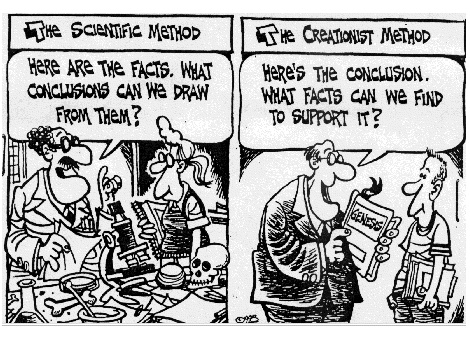
Unitarianism-Deism Overview
French Deism was anti-religious and shaded into atheism, pantheism, and skepticism and in reality was better called deistic Humanism. (See French Deism) Far more religious was classical English Deism. (See English Deism.)
Let's contrast Unitarians with both types of Deists in America where Deism often mixed with Christianity to produce Unitarianism, or where Unitarianism came over with Anglicanism and Congregationalism. Unitarianism is notable for its rejection of the Trinity and certain ideas put forth by the Apostle Paul and their use of reason with Scripture.
Jesus is often considered human, and this often differs with Arianism where Jesus is divine, but not God. Unitarians (Socinians) often still believe in revelation, something pure Deism rejects.
By the late 17th century Socinians were influential in Netherlands (where many dissenters from England were exposed to their ideas) and where they inspired the development of Deism, a view more radical and less tied to Scripture than Socinianism was. So Unitarianism proceeded English Deism, but in England by the time Deism arose they existed together. The impact of reason or Deism on Christianity is often Unitarianism. Unitarianism properly belonged under the cloak of rational theism.
By the late 18th century Joseph Priestley brought Socinian Unitarianism to the United States. He was a close friend of Thomas Jefferson and Jefferson encouraged him to immigrate. Jefferson called himself a Unitarian as was John Adams. George Washington was likely a deistic Christian or Unitarian. The question of the Trinity, original sin, predestination, etc. separate Christians from Unitarians.
- 1) All religious authority depends on applying reason to Scripture
- 2) The doctrine of the Trinity is false because there is no Scriptural evidence for it
- 3) The ethical teachings of Jesus, particularly the Sermon on the Mount, are the main guide, not the words of Paul
- 4) Jesus was human, though an exceptional human; though not God, he was endowed with divine attributes of wisdom and virtue.
- 5) The resurrection was significant because it demonstrated the possibility of immortality
- 6) Jesus' death was not an atonement for our sins nor did God demand that someone suffer for our sins.
- 7) The following doctrines are false: original sin, predestination of the elect, the inherent depravity of human beings, and eternal damnation. See Calvinism
- 8) We can have faith in the good and loving nature of God
- 9) Though well aware of how sinful human beings can be and often are, we can have faith in the human capacity for reason and goodness.
- 10) Religious thought should be free, and all creeds should be tolerated.
Unitarian Universalism of today has little to do with Unitarianism or God. To quote David Barton,
In the 1997 Unitarian Universalism Needs and Aspirations Survey, which surveyed about 10,000 Unitarian Universalists, 46 percent of UUs described themselves as humanist and 19 percent as earth/nature centered. 13 percent described themselves as theists, and 9.5 percent described themselves as Christian.
Thus, humanists constitute by far the largest group within Unitarian Universalism and are approximately twice as numerous as those holding traditional Unitarian beliefs (broadly defined). Although there is renewed interest in the traditional Unitarian understanding of God, the primary cause, so far, of a resurgence in "spirituality" with Unitarian Universalism that some have observed is, in the author's judgment, the new prominence of new age, pagan, Wiccan, other "earth centered" and Buddhist practice and beliefs within UU congregations.
- Humanism, the Early Church, and Rational Religion
- What is Humanism? Atheist
- Why UU Humanism Requires Rejecting Our Humanity
- Unitarianism: a definition from the Catholic Encyclopedia
- My Response to "Modern Unitarianism"
» General Subjects
» Archive 1 » Archive 2 » Archive 3
» Archive 4 » Archive 5 » Archive 6
» Archive 7 » Archive 8 » Archive 9